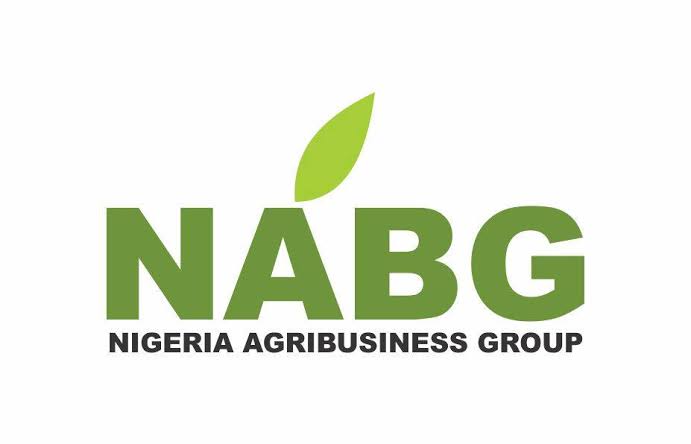Zero rejection: Nigeria moves to have 1st commodity grading policy
The Nigeria Agribusiness Group (NABG) has revealed that made-in-Nigerian commodities have been suffering from rejection in international markets due to poor standard and grading and as such Nigeria loses huge money in foreign exchange (forex). Addressing participants at a two-day Northern Regional Validation Workshop on Nigerian Agricultural Commodity Standards Grading Policy Development organised by NABG, […]

The Nigeria Agribusiness Group (NABG) has revealed that made-in-Nigerian commodities have been suffering from rejection in international markets due to poor standard and grading and as such Nigeria loses huge money in foreign exchange (forex).
Addressing participants at a two-day Northern Regional Validation Workshop on Nigerian Agricultural Commodity Standards Grading Policy Development organised by NABG, with support from the Bill and Melinda Gates Foundation and Harvest Plus, the Director General (DG) of NABG, Mr Jafar Umar, stated that gone were the days when farmers in Nigeria would continue to take agriculture as just a survival mechanism.
He explained that it was sad to understand that a lot of Nigerian produce were being rejected simply because they were not graded in the global market.
He added that to address the issue, there was a serious need for the development of a policy document that would ensure produce leaving Nigeria were fully graded for wide acceptability.
Earlier in his address, a food scientist, Dr Dahiru Adamu, stated that for Nigerian produce to be widely accepted there was a need for the revival of the grading system to ensure standard attainment that would be beneficial to farmers, marketers, processors and others.
A senior consultant on the project and Chairman of Policy Development Committee, Mr Celestine Okanya, stated that the policy formulation was timely as it would ensure attainment of zero reject of Nigerian produce abroad after a successful implementation of the developed policy, explaining that with a proper grading system prices could be predictable, as well as making farming more attractive.
The policy, which is said to be the first private sector-driven agricultural grading policy, is currently undergoing validation across the geopolitical zones and would be adopted for presentation in Abuja.
